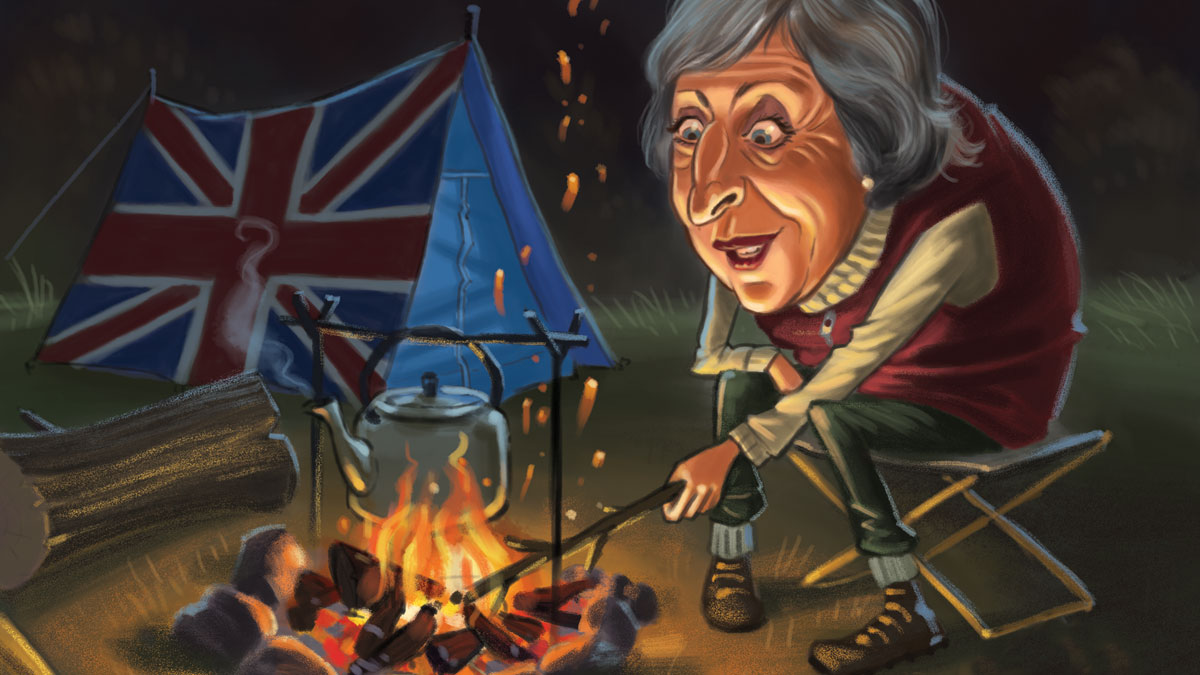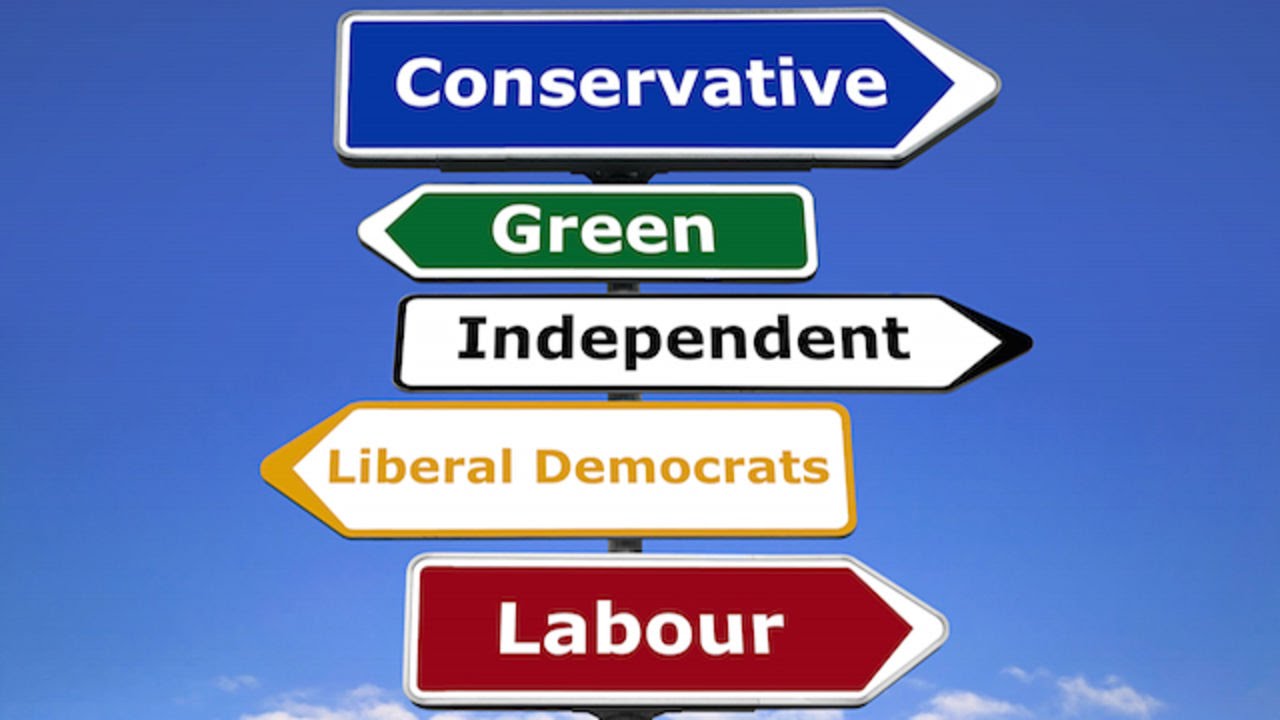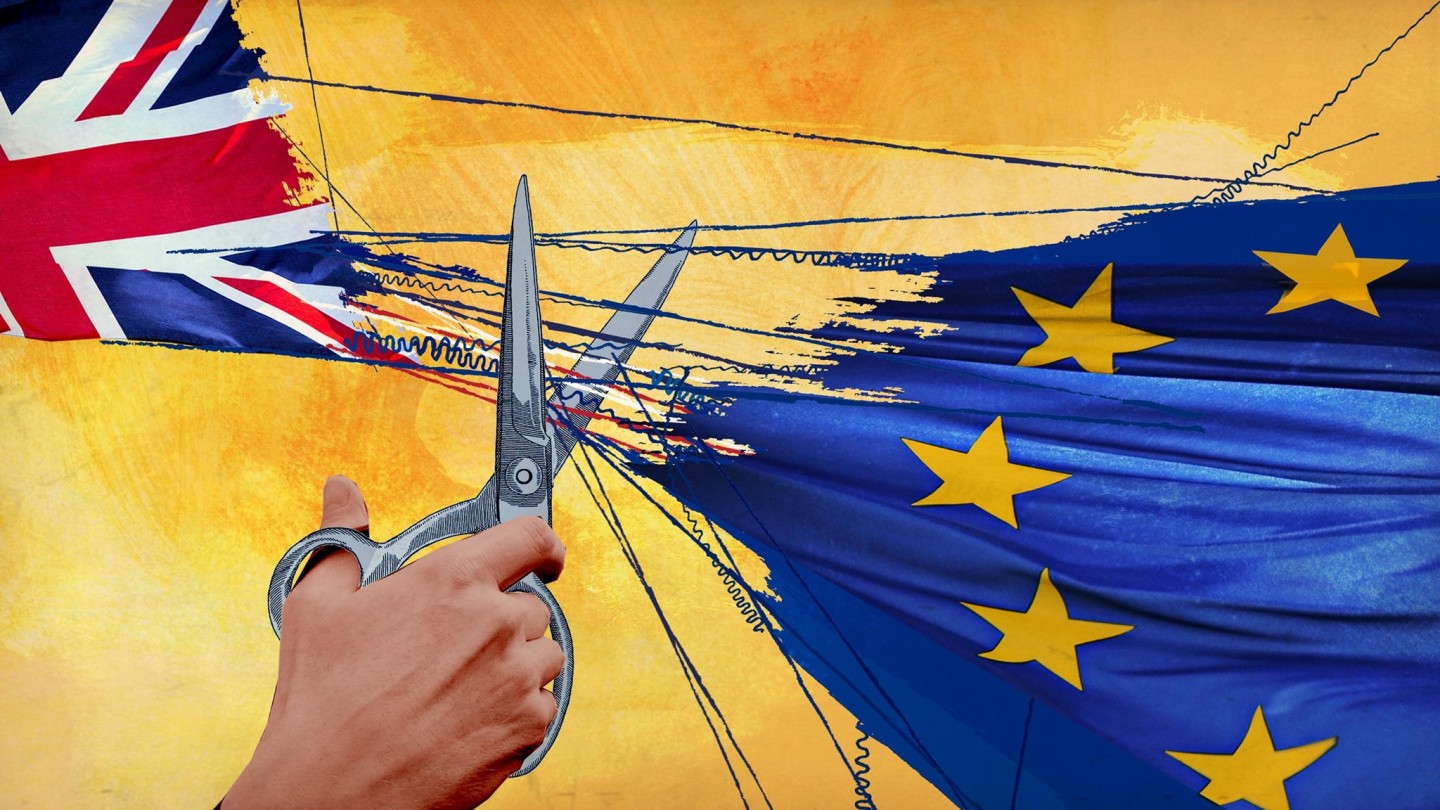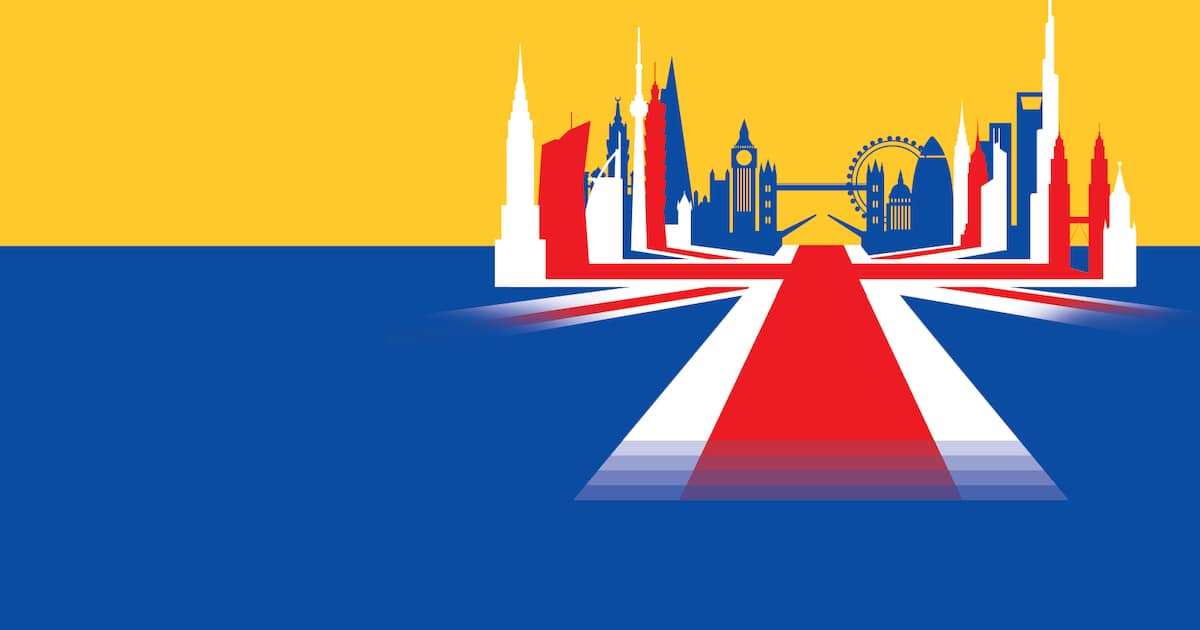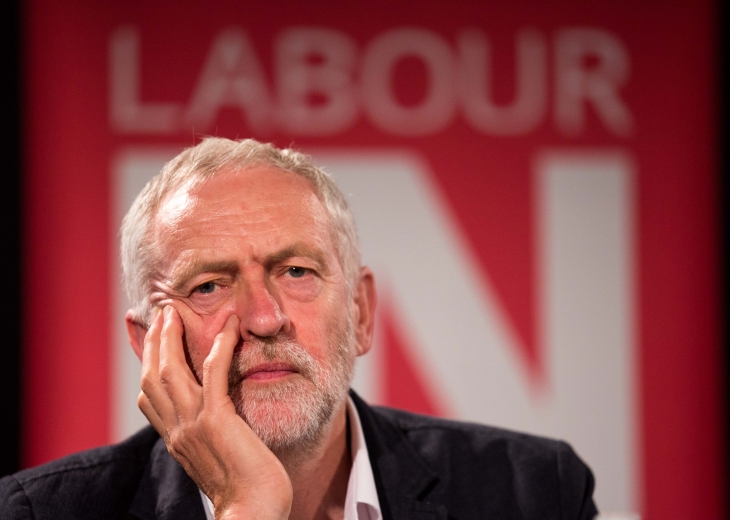Britain’s spontaneous general election, three years ahead of the one scheduled for 2020, offers opportunities to stamp out Tory inequality and form a fairer Britain that works for everyone.
So runs the message now being aired by Labour Party leader and leftist firebrand Jeremy Corbyn, as he appeals to U.K. voters to elect a government that “overturns the rigged system” by putting power and wealth back into the hands of the people.
During Corbyn’s first major speech following Theresa May’s public general election declaration, the Labour leader derided “morally bankrupt” Conservatives who are taking money from the “pockets of ordinary working people” and failing to stand up to the “glided elite” and tax dodgers. Corbyn said a Labour government would overturn the rigged system by implementing fairer policies, including a minimum wage of £10 an hour and an increase in corporation tax for big businesses.
Corbyn – who said Tories’ rules have created a “cosy cartel which rigs the system in favor of a few powerful and wealthy individuals and corporations” – singled out two figures involved in controversial rigging scandals: billionaire business tycoon Sir Philip Green, boss of the collapsed retailer BHS that resulted in a £571 million pension scheme deficit, and Sports Direct boss Mike Ashley, who has amassed a personal fortune of £2.4 billion even as his warehouse workers have faced a litany of abuses including payment under the national minimum wage and being penalised for taking short breaks to drink water.
“If I were Southern Rail or Philip Green, I’d be worried about a Labour government. If I were Mike Ashley or the CEO of a tax-avoiding multinational corporation, I’d want to see a Tory victory,” Corbyn said last month. The Labour Party used Corbyn’s first election speech to trial its new slogan: “The Party that will put the interests of the majority first.”
Labour’s John McDonnell, the shadow chancellor, told the BBC that the party would place a cap on the highest salaries, put a fair taxation system in place to ensure that companies pay their “fair share,” and keep the average level of tax across the economy roughly the same.
Other policies pledged by Labour to make Britain fairer include imposing a value added tax (VAT) on private school fees, putting more money into the National Health System and social care, offering more generous pensions to pensioners, and implementing a £10 minimum wage. Corbyn has also pledged to give free school meals to children at primary school and force big businesses to publish their tax returns.
Abolishing Homelessness on the Streets of Britain
In recent years, homelessness in Britain has shot up. Under David Cameron, the number of people sleeping rough in Greater Manchester saw a six-fold increase.
As part of the fight for fairer wealth distribution and less inequality in Britain, Corbyn has promised to end rough sleeping by 2020. During a visit to Manchester as part of his general election campaign, the Labour leader mapped out his plans to end homelessness in the city by providing more housing, more hostel accommodation and generally greater security in housing.
Andy Burnham, Labour’s recently elected mayor of Manchester, has also outlined plans to tackle homelessness in Manchester. Burnham’s pledge to end rough sleeping in Manchester by 2020 was a key pillar of his mayoral campaign. The former shadow home secretary was elected mayor last week winning 63 percent of the vote.
Burnham’s win brought some relief to Labour, which otherwise suffered losses in local elections across England, Scotland and Wales, losing control in many key council seats to the Tories.
A Left-wing Manifesto or a Minimum for a Decent Society?
While the mainstream media has been quick to portray Labour’s election policies as the “most left-wing manifesto since the Michael Foot years in 1983,” not everyone agrees that Corbyn’s election manifesto is especially left-wing.
As Jane Ayres, chair of the Hayfield and New Mills local Labour branch in the North West of England, told Occupy.com, “I think current Labour policies address common left-of-centre concerns about sharing wealth fairly, looking after people, and providing services so the country functions well. I don’t think of Corbyn’s views as being particularly left-wing. In Scandinavia, they would seem pretty normal. To me, they are a minimum for a decent society.”
A Softer Brexit
Since Theresa May became Prime Minister last summer, she has argued for a "hard Brexit." Under May's hard Brexit manifesto, E.U. free movement will be ended and Britain will be withdrawn from the single market and the European Court of Justice.
While Corbyn said he wants next month's general election to be about issues like social care, schools and education rather than just Brexit, Britain’s exit from the E.U. will play a major role in shaping the election and is the principle reason it has been called.
Corbyn has always made his stance clear that democracy and the decision of the British people to leave the E.U. should be respected and acted upon. When asked his response to the general election announcement and the prospect of the U.K. holding a second E.U. referendum, Corbyn said a second E.U. vote is not part of Labour’s policy, and would not be in the Party’s manifesto.
He also reiterated the need for the U.K. to have continued access to the single market, and urged that it not “tear up the workers’ rights agenda, the environmental protection agenda, or any human rights agenda.” The people of Britain now face the choice of electing the Tories’ roll-out of a hard Brexit, or Corbyn’s softer line designed to protect the workers' rights and living standards.
Talking to the BBC’s World At One program, Diane Abbott, the shadow home secretary, spoke of the fresh Brexit choices Britain is facing with the general election. “Now we are in a general election campaign, and people have got to make a choice between Theresa May’s Britain and Jeremy Corbyn’s Britain,” said Abbott.
“They need to make a choice between an unpleasant, xenophobic, hard Brexit, and a Brexit that will protect jobs and living standards. There’s no question in my mind the Tories will fight a very unpleasant campaign and the electorates are going to have to make a choice.”
Brexit Ramifications Not Yet Apparent
Some feel the consequences of Brexit have not yet fully materialized, giving people false illusions of the Tories’ Brexit promises. Ayres, for one, believes the mess of Brexit has not yet become blindingly apparent and the predicted recession hasn’t hit – yet.
“People still have illusions about the Tories’ competence to handle such matters,” she said. “The country might just not be ready for a leader like [Corbyn]. But I am sure he would make really positive changes, especially in terms of redistributing some of the wealth, and getting the economy moving again.”
3 WAYS TO SHOW YOUR SUPPORT
- Log in to post comments

